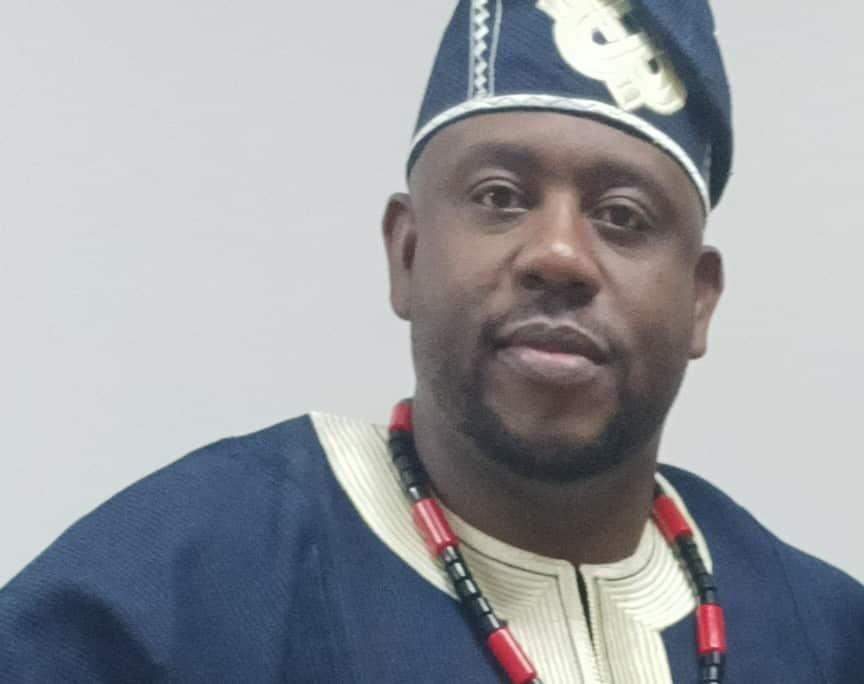African community leaders and academics have described the government’s decision to ban travel from nine African countries as “punitive” and “irrational” following the emergence of the Omicron COVID-19 variant.
“It’s discriminatory, it is wrong,” Joe Tuakeu Tuazama, president of the Organisation of African Communities in Western Australia, told SBS News.
“It puts us on the verge of persecution because we’re very quick to be identified by how we appear. And being stigmatised like this is wrong.” Mr Tuazama's comments referred to the Australian government’s decision to impose a travel ban on nine African countries, which came into effect on 27 November. This prevented non-Australian citizens who have been to South Africa, Namibia, Zimbabwe, Botswana, Lesotho, Eswatini, the Seychelles, Malawi and Mozambique from entering Australia.
Mr Tuazama's comments referred to the Australian government’s decision to impose a travel ban on nine African countries, which came into effect on 27 November. This prevented non-Australian citizens who have been to South Africa, Namibia, Zimbabwe, Botswana, Lesotho, Eswatini, the Seychelles, Malawi and Mozambique from entering Australia.

Joe Tuakeu Tuazama, president of the Organisation of African Communities in Western Australia. Source: Supplied
The United Kingdom was one of the first few nations to impose the ban, followed by a spate of other countries and regions in the European Union and Asia.
South Africa's president Cyril Ramaphosa expressed "disappointment" over the bans, describing them as unjustified and calling for them to be lifted.
Malawi's President Lazarus Chakwera labelled the Omicron travel bans as "Afrophobic".
According to Mathenge Mwang of the African Association in Canberra, this was a “disproportionate application of the law internationally”.
His comments came as recent reports suggested cases of Omicron - designated as a variant of concern by the World Health Organization - were recorded in countries like the Netherlands, Belgium and Germany a week prior to South Africa.
“The approach has not been consistent,” Mr Mwangi told SBS News.
“Because as far as the reports I can see, the same [variant] has been [found] in Belgium and the Netherlands. [But] the same kind of measures and reaction has not been had for those two European countries.” “[This] kind of disproportionality [is] a kind of really unfair treatment of people from different ethnic backgrounds.”
“[This] kind of disproportionality [is] a kind of really unfair treatment of people from different ethnic backgrounds.”

Mathenge Mwangi of the African Association in Canberra. Source: Supplied
According to Dr Mutuota Kigotho, a lecturer at the University of New England, African countries are being punished for doing the right thing.
“Africa did the right thing. They raised the red flag. But instead of the world appreciating the fact that this has been brought to attention, they placed a ban on Africans coming from that section of the world and that is completely unfortunate.”
“It is punitive and irrational … and I find it rather discriminatory that Australia has pointed at some countries.”
This is not the first time Australia is coming under attack by the migrant communities for imposing travel bans.
Earlier this year, in the wake of the Delta variant, Australia imposed a temporary ban on India, preventing all travellers - including Australian citizens - from arriving in the country.
The move was widely criticised as racist internationally, with the UN Human Rights Committee raising serious concerns about the government’s move to ban its own citizens from returning and criminalising breaches.
According to Mr Tuazama, the ban on African countries is just history repeating itself.
“We’ve got our parents and relatives overseas, who left Australia and went to Africa [before the pandemic] for holidays. And they were caught up in COVID. And they have not been able to come home. They’ve got their families and children here who have been all by themselves.”
“And now the opportunity comes for them to return to their family and recommence their life, and somebody says because there’s a variant from Africa, they shouldn’t come … it is wrong,” Mr Tuazama.
According to Dr Kigotho, instead of imposing bans, Australia and other developed nations should work to eliminate the vaccine disparity in the world.
“The rich countries [should] dish out whatever vaccines they have to the third-world countries because if parts of the world are not vaccinated, nobody is vaccinated.
“It makes very little sense to have countries hoarding vaccines [and] talking [about] boosters when there are still parts of the world that have got 20 per cent vaccination rates.
“No one is safe until we’re all safe,” Dr Kigotho said.
The Department of Health said it was continuing to monitor the situation closely and would update its risk assessment accordingly.


